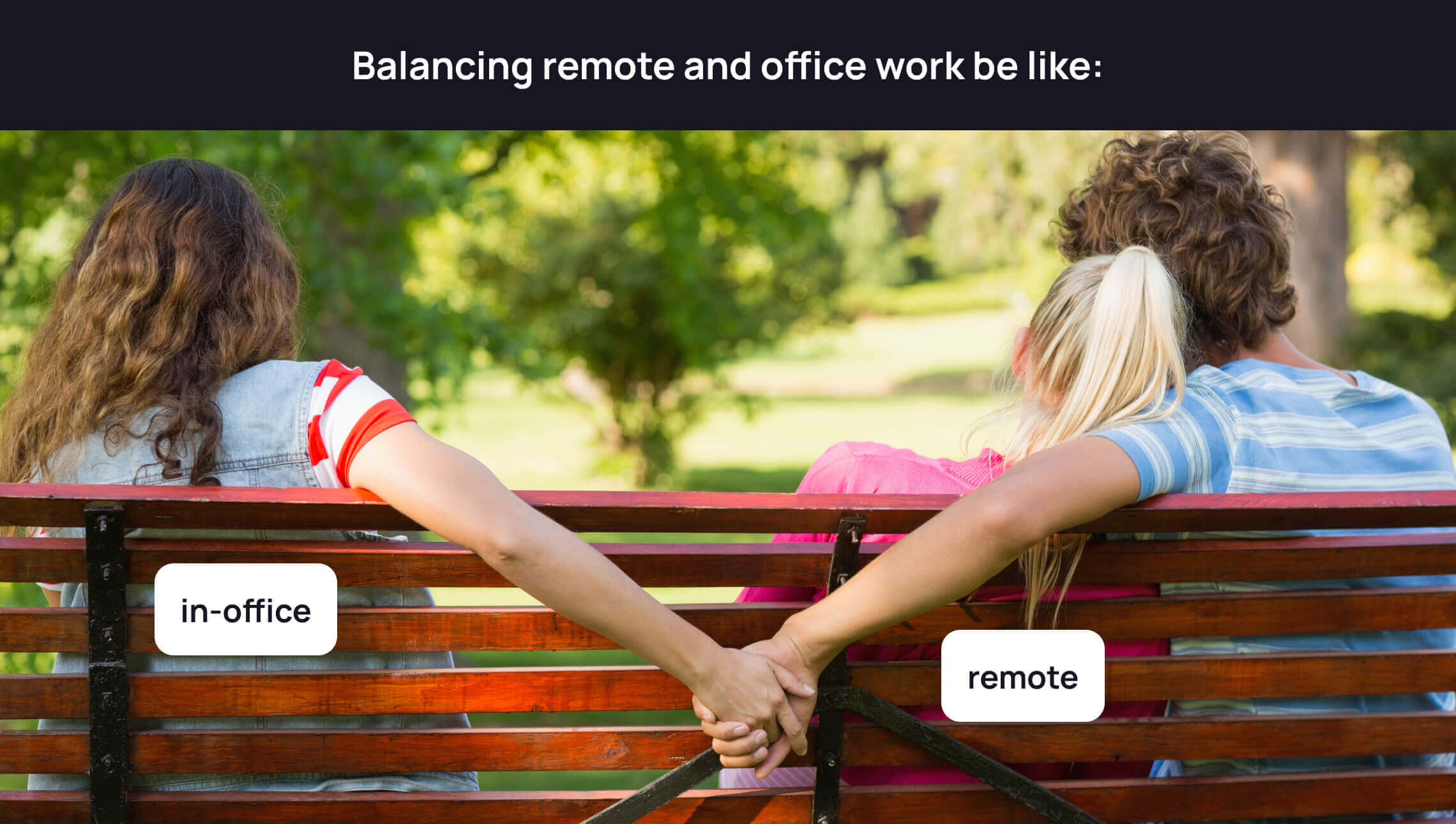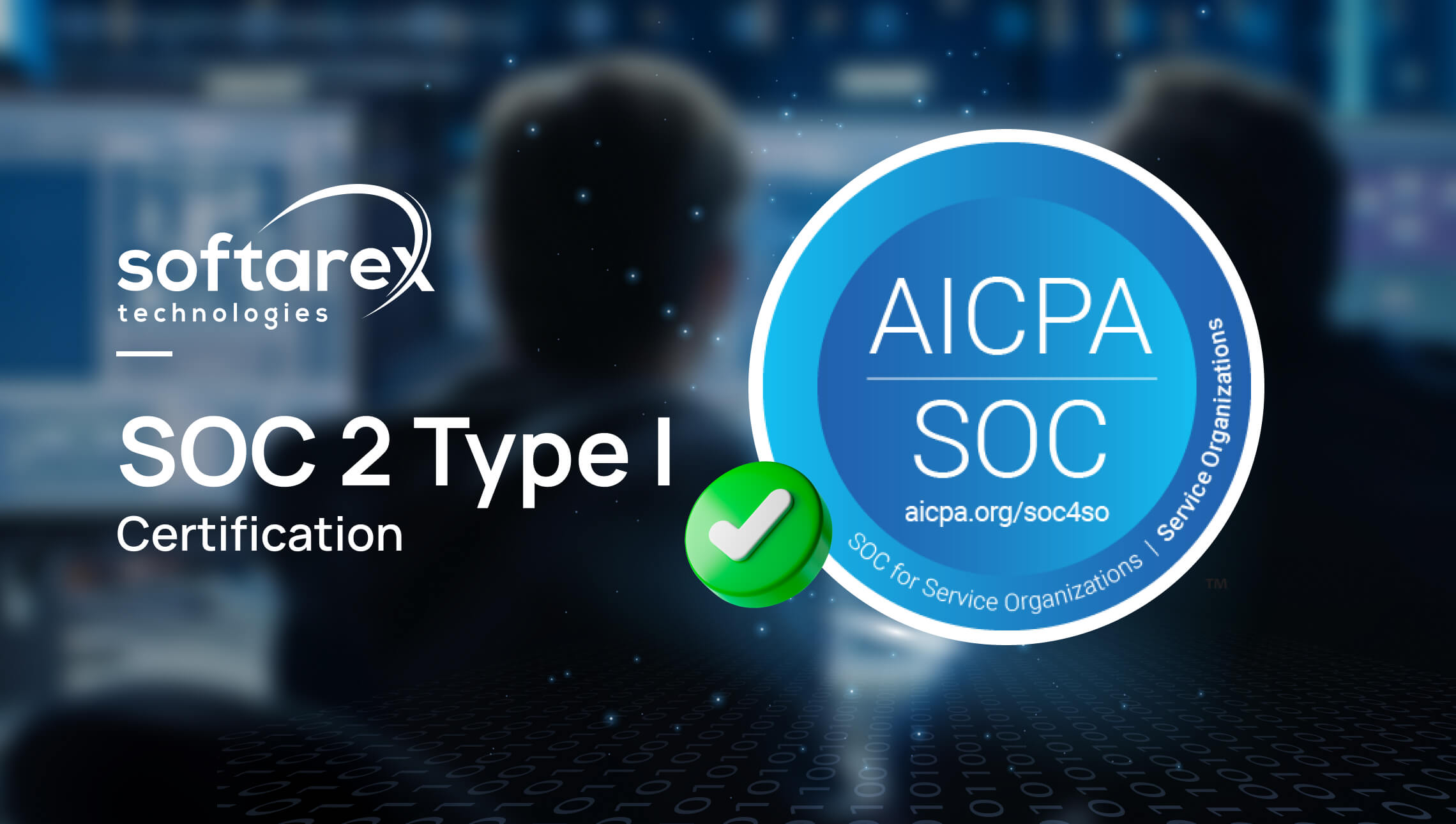The Most Important Questions to Ask a Software Development Company

Chinese philosopher Lao Tzu had said, “A thousand-mile journey starts with a single step.” The cooperation with experienced software providers may bring you more flexibility, scalability, and effortless control over your business process. The first step here is communication, and, more precisely, deeply thought questions asked.
Basic information–like expertise areas, core technologies, how long they’ve been in the industry, or where they operate–can be easily found on their website or social media accounts. You then may want to review their credentials on Clutch or The Manifest. After you’ve been impressed, you may want to book a call with company’s representatives. In this blog post, we share 5 questions to ask a custom development firm–and explain why they’re so important.
1. How do you communicate during the project?
It all starts with communication and ends with communication. What’s between these two points also depends on communication! Having this in mind, it’s crucial to understand how your (potential) software development provider approaches this process.
How often do they have syncs with their clients? What if something urgent occurs? What about emails on weekends? Have they ever had problems or troubles with communication? Hint: even if they say ‘no’, share your experience and ask how they would react to a similar situation.
2. How many developers do you have within your team?
Most developers are talented specialists capable of creating amazing things that really change lives and processes for better. But it takes time to analyze the problem, look for ways to solve it, and come up with the best one. When developers work on multiple projects at the same time, they get too overwhelmed. You may be thinking, “OMG! Any other suggestions that are less obvious?”
And you’ll be right, although, just partly: the reality is that most developers work on more than 1 project, but when there’re too many of them, the quality of code slips. It’s no more clear, simple or performant, and it takes more time to review it. The result? Time and money are just wasted.
To prevent that, it’s worth understanding how many developers are within the company and how many projects they are involved in.

3. How do you cope with instability?
Unfortunately, negative events may occur and ruin our carefully constructed plans. We all experienced the pandemic and the effects that it had over all industries out there. It was such a valuable lesson for all businesses and taught us to be ready and cope with instability and uncertainty. It’s no longer a luxury but a must nowadays.
Ask them what they did with their business operations when the COVID crisis started. Invite them to tell about cases when their clients went through pivot, or when the workflow had to change dramatically.
4. How do you secure code and associated infrastructure?
Cybercriminals are becoming more and more sophisticated. Coupled with the awareness that data has become the new gold, companies invest more to secure their existing infrastructure and build new ones safe and secure. According to a Deloitte report, the average business will invest between 6% and 14% of its annual IT budget in cybersecurity. Not to even mention companies from the financial or healthcare sectors.
Ask them in detail which security policies are adopted within the company. Who has the access to code during the development? Where are the passwords stored? What vulnerabilities do programming languages have and how do they overcome them? Those are just a couple of questions to begin with.
5. What happens after the delivery?
All software requires post-deployment support. Some problems or bugs may appear and must be addressed quickly and solved effectively. So, the question would be very simple here, you just need to understand whether they practice it or not. The answer is “yes” in most cases but it’s always better to clarify things.
Why begin this journey with us
Softarex has been creating, launching and maintaining products for multiple industries–from Hospitality to Aviations–for 22 year in a row. We value our customers and team and always want to create a great environment for both parties. Our expertise allows us to see the bigger picture and come up with fresh and creative ideas about the problems we solve.
Have a look at our portfolio or contact us to discuss your idea.





